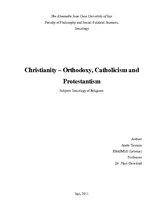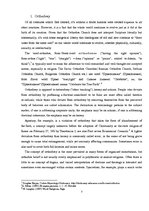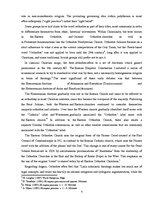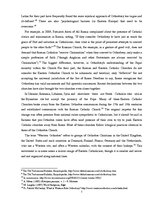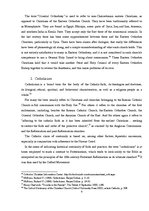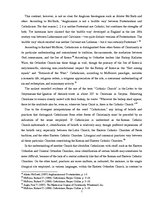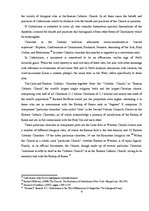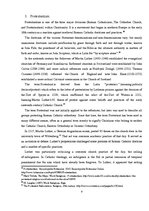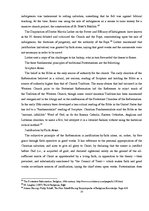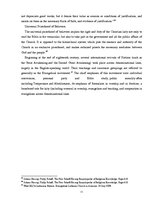-
Christianity - Orthodoxy, Catholicism, Protestantism
| Nr. | Sadaļas nosaukums | Lpp. |
| 1. | Orthodoxy | 3 |
| 2. | Catholicism | 6 |
| 3. | Protestantism | 9 |
Of all creatures which God created, it’s without a doubt humans were created superior to all other creatures. However, it is a fact that the whole world continues to evolve just as it did at the birth of its creation. Given that the Orthodox Church does not interpret Scripture literally but
contextually, it’s with some exegetical liberty that theologians of old and new continue to ―draw water from the same well‖ as our whole world continues to evolve, whether physically, culturally, socially, or intellectually.
The word orthodox, from Greek word orthodoxos ("having the right opinion"),
from orthos ("right", "true", "straight") + doxa ("opinion" or "praise", related to dokein, "to
think"),1 is typically used to mean the adherence to well-researched and well-thought-out accepted
norms, especially in religion. The Slavic Orthodox Churches( Russian Orthodox Church, Serbian Orthodox Church, Bulgarian Orthodox Church etc.) use word "Православље" (Православие), from Slavic word Право "true,right" and Славље (славие) "Celebrate", so, the "Православље"(Православие) means "Celebrate the True Faith".2 Orthodoxy is opposed to heterodoxy ("other teaching"), heresy and schism. People who deviate from orthodoxy by professing a doctrine considered to be false are most often called heretics or radicals, while those who deviate from orthodoxy by removing themselves from the perceived body of believers are called schismatics. The distinction in terminology pertains to the subject matter; if one is addressing corporate unity, the emphasis may be on schism; if one is addressing
doctrinal coherence, the emphasis may be on heresy.…

